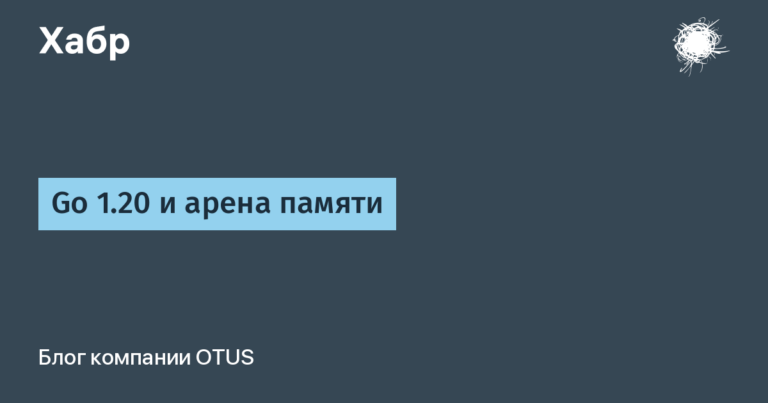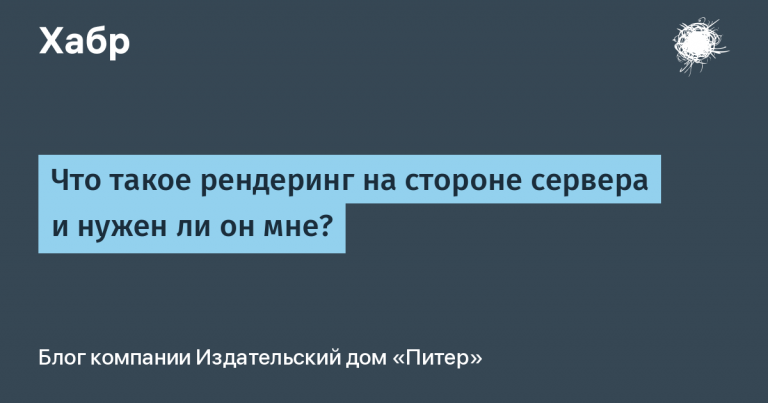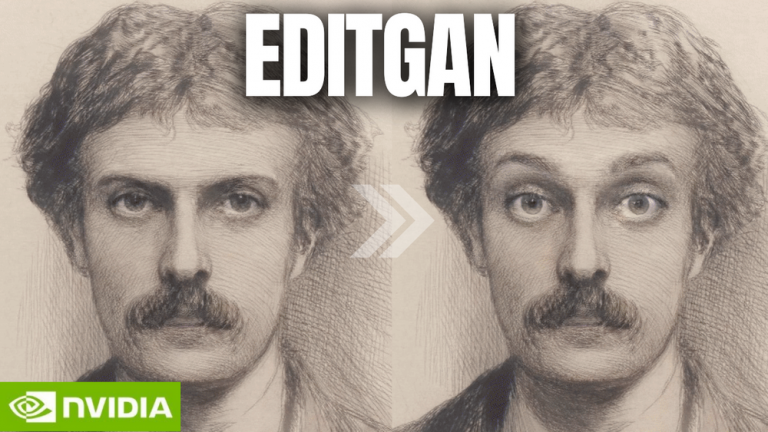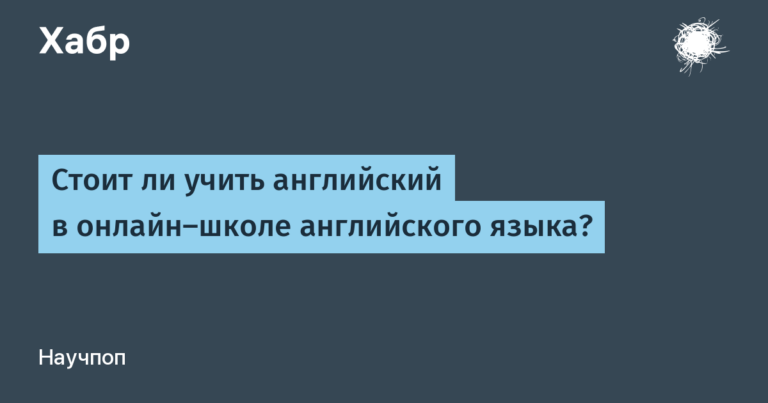Artificial intelligence is a challenge to humanity

This painting by V.M. Vasnetsova quite accurately portrays the current state of humanity. It is at a crossroads like this warrior. Today’s world has become very fast, one might even say lightning fast, changing, unpredictable. It also became open, there were more opportunities to find out any information, even hidden from prying eyes.
The 21st century and a small piece of the 20th century, allowed humanity to create new systems that are beginning to replace humans in various fields, these are systems called artificial intelligence (AI).
To move on to the main topic “Artificial intelligence – a challenge to humanity.” The following philosophical questions should be asked:
Where are we? What is the state of development of artificial intelligence today?
Who are we? What can we say about the nature of mind and consciousness? What is required for machines to have these properties?
Where are we going? Do we want machines to have intelligence and consciousness?
Where are we?
To answer this question, we first give a definition. Artificial intelligence (AI) is the ability of intelligent systems to perform creative functions that have traditionally been considered the prerogative of humans.
Many people in the scientific, political, economic spheres say: “Who will be the leader in the field of artificial intelligence, he will rule the world.”
And he’s already doing amazing things. Not only does he paints pictures, music, books, recognizes people’s faces, makes diagnoses better than a person, but also beats him at poker and the game of Go, demonstrating not just fantastic performance and the ability to evaluate a huge number of options, but also intuition. And this is already a serious leap towards reason.
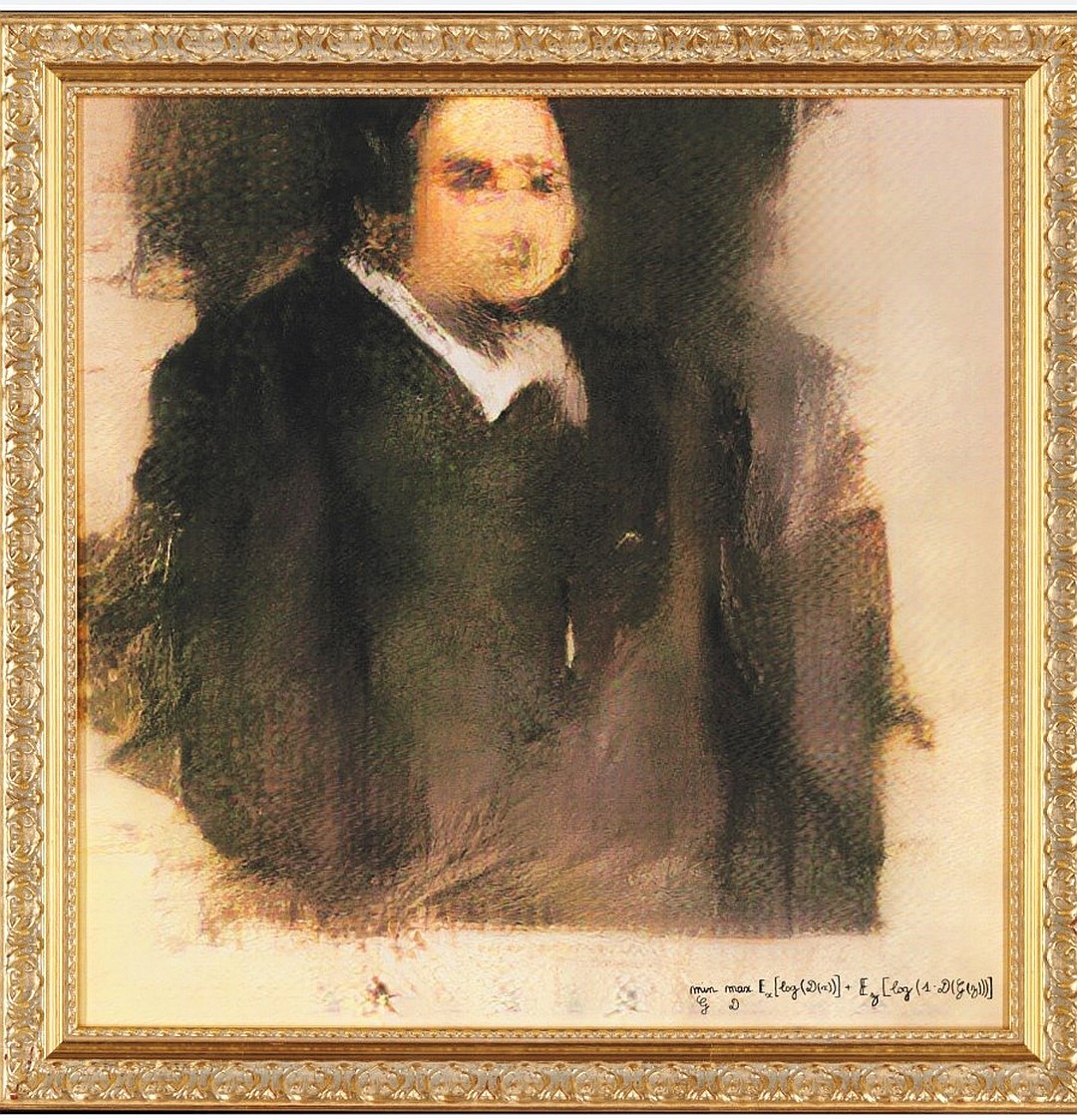

Many scientists are alarmed that soon there will simply be no place for us in this world.
What kind of danger does this artificial intelligence give us?
Stephen Hawking, in an interview with the BBC, noted that “the emergence of full-fledged artificial intelligence could be the end of the human race.”
He noted that already primitive forms of artificial intelligence have proven their effectiveness, Stephen Hawking fears that humanity will create something unimaginable, which will soon be able to surpass him in everything.
“Such a mind will take the initiative and begin to improve itself at an ever-increasing speed. The possibilities of people are limited by too slow evolution, we will not be able to compete with the speed of machines and we will lose,” Hawking said.
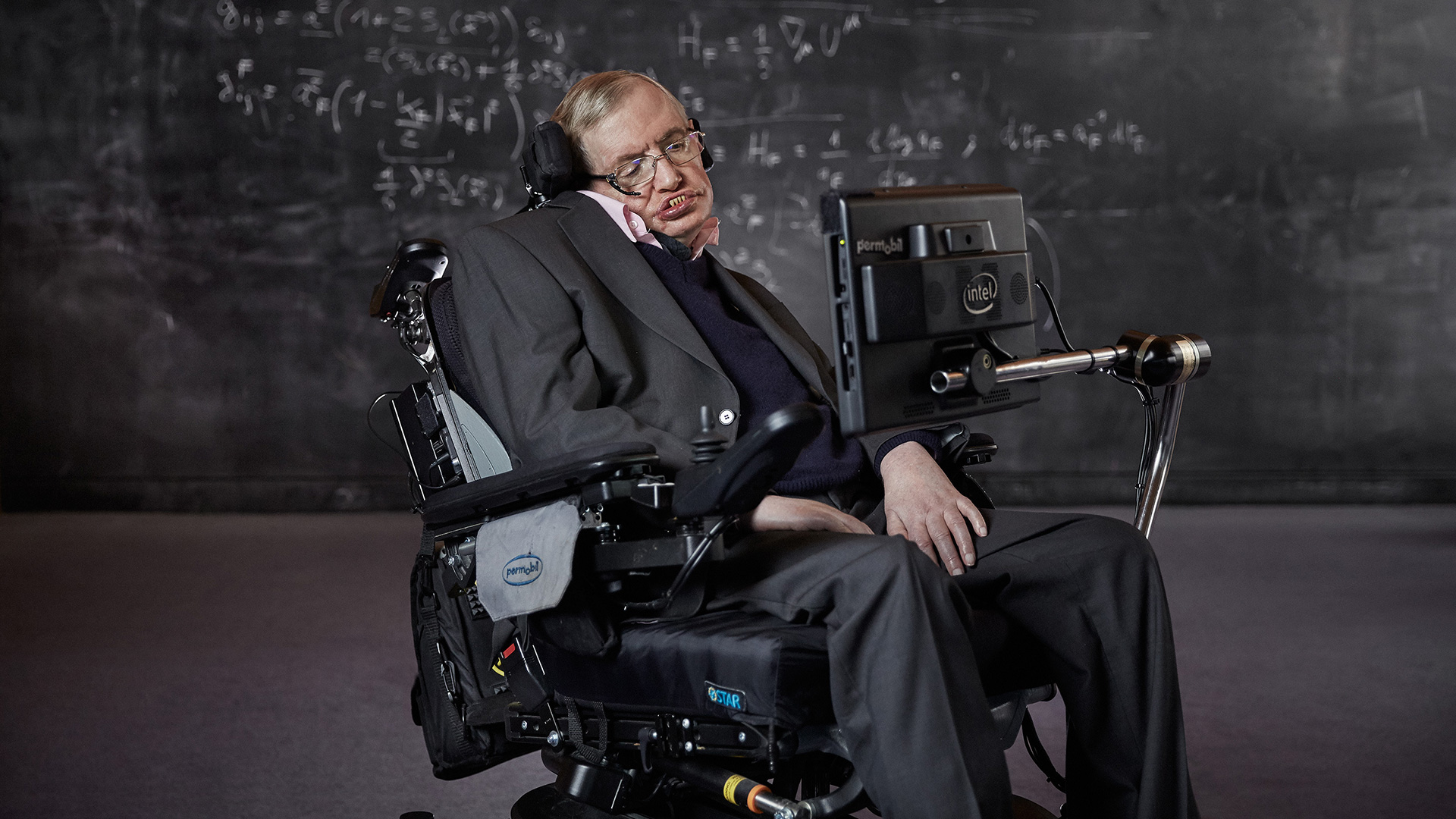
Konstantin Vladimirovich Anokhin also speaks on this matter, Director of the Institute for Advanced Research of the Brain, Lomonosov Moscow State University, he says: “The fact is that AI systems are becoming more and more complex, they contain millions of artificial neurons. They begin to behave more and more unpredictably, to do something of their own, not foreseen by us, to give out wild, in the eyes of a person, mistakes, but we do not understand what the matter is. “
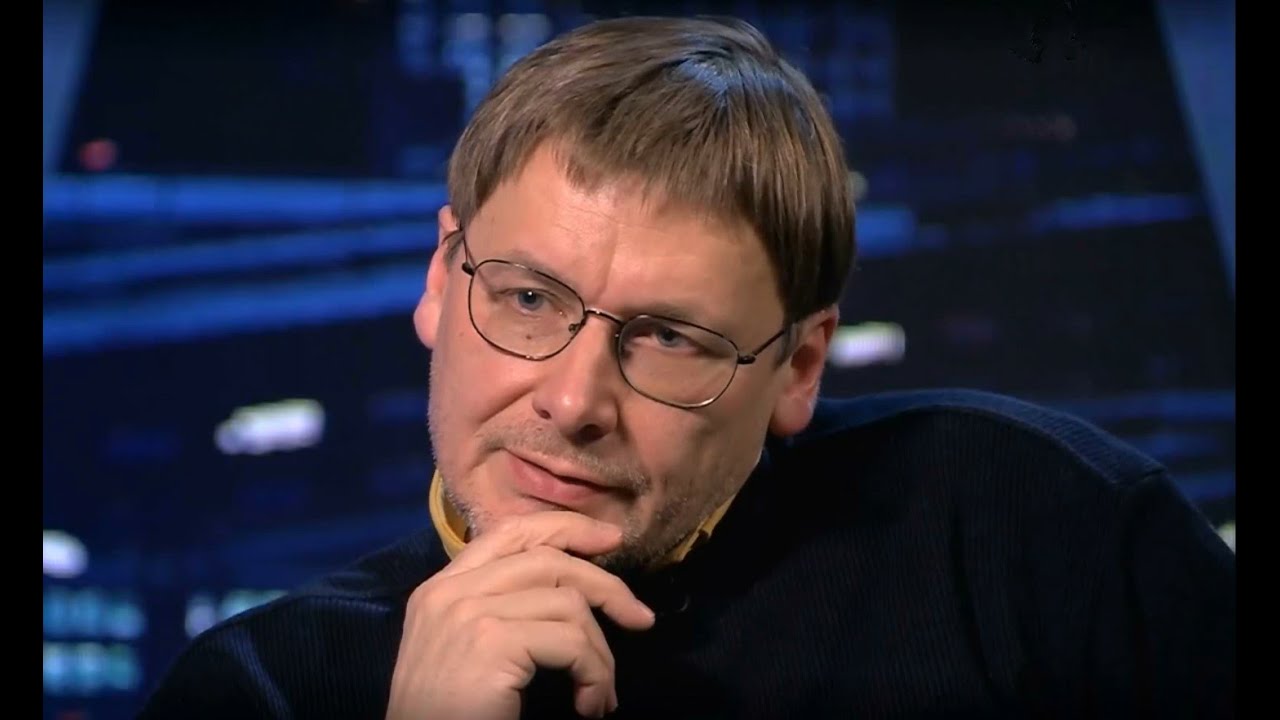
But today we can say for sure that AI does not yet possess intelligence. It just doesn’t enjoy it.
It is difficult enough today to predict what will be difficult for AI and what will be easy enough to do. Scientists and researchers assumed that for this intelligence, it would be difficult to solve theorems, solve complex equations, but it turned out to be the opposite. Such easy tasks that any child can perform, well, let’s say there, pick up a toy, find out what shape the object is, whether it is soft or hard. These tasks turned out to be difficult for him. And it’s easy to beat Garry Kasparov. Compute something unimaginable, no problem. From the point of view of Big Data, artificial intelligence is the main thing there, it lives in nanoseconds, it can process millions of bits of information that a person will never process such a volume of information in his entire life. Indeed, now in the world there is such a large, one might even say inhuman scale of information, which everywhere, every day, in only one scientific area, dozens or even hundreds of articles are published. The news is teeming with information, good and bad. When to read this?
Who are we?
What can we humans answer to the question about the nature of consciousness? After all, a person is not just a living organism, it is an organism that can think. Here, of course, you can argue and ask a question, do other creatures think? But in this post I’m primarily interested in a person.
Practically nothing can be said about the nature of consciousness, because if at least one person or group (scientific, religious) answered this question correctly, they would instantly be awarded the Nobel Prize, or even several.
We can cite as an example one metaphor about the consciousness of Joseph Bogen (neurophysiologist, Nobel Prize winner in physiology).
Bogen argued that consciousness is subjectivity, and that the search for consciousness is similar to the search for the wind, only its actions can be seen. Those. it is foolish to look for it, tk. we can only find what consciousness does.
Many scientists say that consciousness is a computational operation in the brain, and that, in fact, it is the result of the brain’s computation.
However, Sir Roger Penrose believes that consciousness is not the result of computational operations. According to the scientist, to understand the phenomenon of consciousness, a revolution is needed in our approach to the physical world. In particular, Penrose believes that the answer to the question about the nature of consciousness may lie in a deeper study of quantum mechanics. Those. consciousness is of a quantum nature.
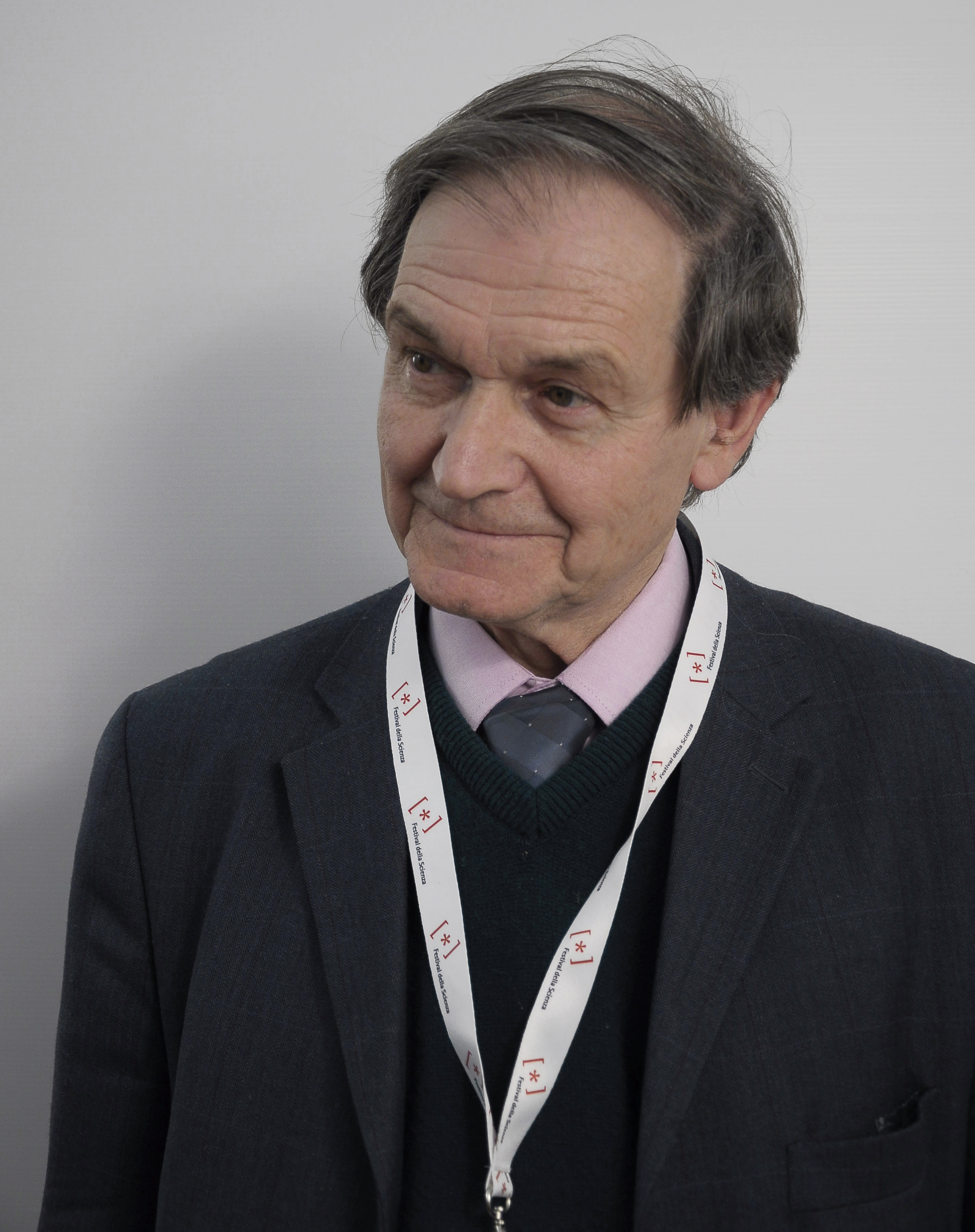
And how then to be? We need to inscribe consciousness into the physical picture of the world, or create a new physical picture of the world, which is even more terrible, because all laws, hypotheses, theorems must be removed and new ones created. Sounds terrifying.
“From a Buddhist point of view, there are several levels of consciousness, from the gross to the subtlest. And consciousness is not completely connected to the brain. Different levels of consciousness are manifested, for example, when in a dream we do not have feelings, but are conscious, or when a person faints. Even when a person died, we (Buddhists – ed.) Know that consciousness is preserved, “the Dalai Lama said. Also, Buddhists believe that consciousness is everywhere, and in age is comparable to the Universe. Hence the question, consciousness can be, for example, in flies, or a mosquito? Or did only a person get consciousness?
Where are we going?
Let’s consider this situation: your phone was stolen and you have half a day without it, you are driving from work (school). You look around and see that you are no longer and you are not wedging into this world, everyone is talking, texting, watching something on the Internet. You feel an unfamiliar sense of loss, detachment. Without a mobile phone, you are no longer you.
The world that was decades ago is not the same. The reality is that without the Internet, Instagram, VK, etc. today’s world is hard to imagine. We define ourselves through these social networks, gadgets, if a person does not exist in this information field, then in fact he does not exist at all. This is an existential problem, but is there any sense in a modern person without this information world? Or, without participation in this world, a person becomes unnecessary?
There are two points of view, one favorable and the other not very.
1. AI will help us in Big Data. There will be no need for people to carry out data processing, there will be an opportunity for creativity. Artificial intelligence can learn to come up with drugs, new technologies and much more for us.
2. The second point of view is, for example, held by Tatyana Vladimirovna Chernigovskaya, Doctor of Biological Sciences, Doctor of Philology, Head of the Laboratory of Cognitive Research and the Department of Problems of Convergence of Natural Sciences and Humanities, St. Petersburg State University. She says the following: “Artificial intelligence is evolving at a tremendous rate and is becoming more powerful. There is reason to fear that he will have something like a personality and, since he counts and thinks faster than us, he may get out of control of the person.
We want to make life easier for us – not to mine coal ourselves, not to cook cabbage soup – who would mind! But artificial intelligence cannot be allowed to make decisions.
They say to me: “We are making artificial intelligence according to the model of the brain.” Very good. Only we do not have a brain model, and so have fun, do as much as you want. You can do steaks. In my opinion, this is more useful. “
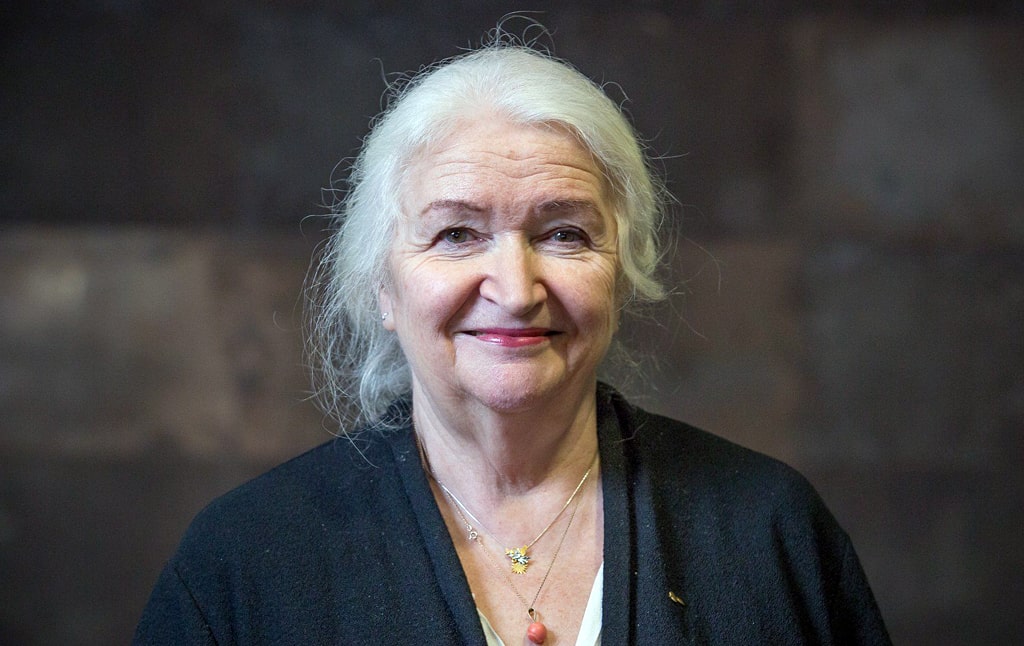
Indeed, can we stop AI in the future so that it makes decisions that are not the ones we want?
Practices are already being introduced, paying salaries to people just so that they just live. This is already a danger to humanity, it must somehow work. T.V. Chernigovskaya: “My friends, including Gref, believe that then humanity will be able to take up a creative life. Are you out of your mind? Do you believe that, freed from heavy physical and mental labor, people will play the lute and write sonnets? I have no doubt that they will put each other on a pitchfork! “
Will AI be able to write such amazing paintings by Rembrandt Harmenszoon van Rijn, Vincent Willem Van Gogh without a clue. Sculptures by Raphael and Michelangelo. Will AI be able to write Beethoven’s music that can be played backwards, and it will be just as ingenious? Will he also be able to conduct an orchestra, like Theodor Currentzis, or play, for example, like Svyatoslav Richter?
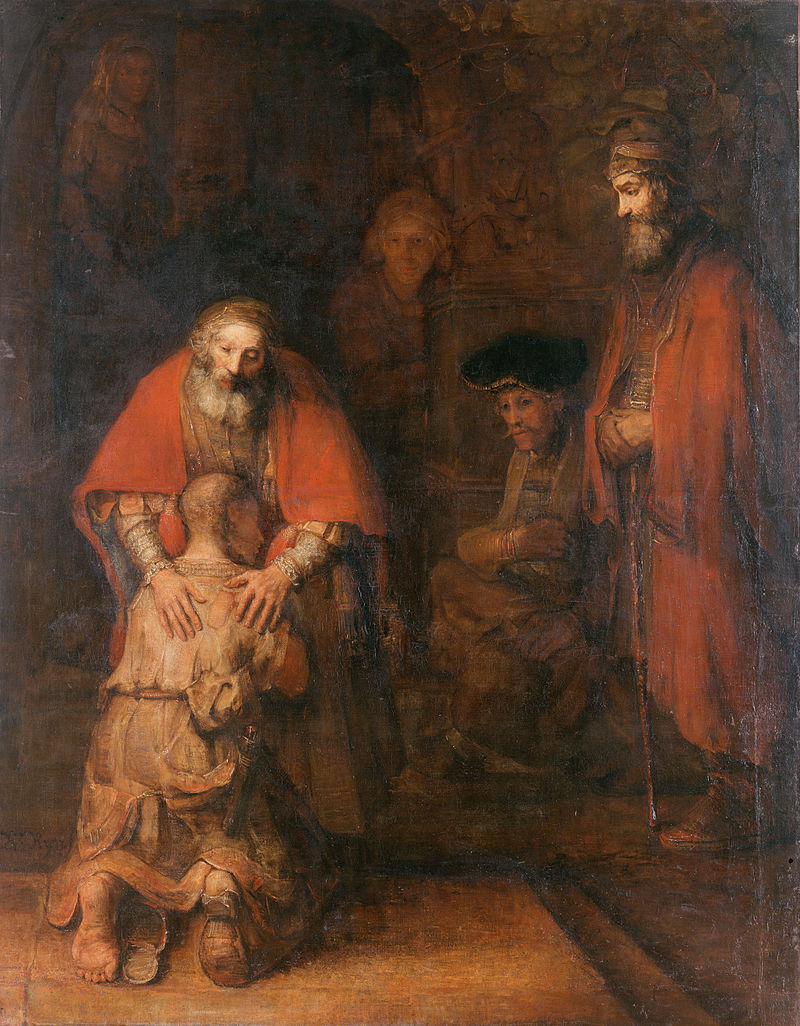
Many questions were asked in this report, this topic is very complex and people must solve it.
The main question is, will there be a place for humans in the AI world?
